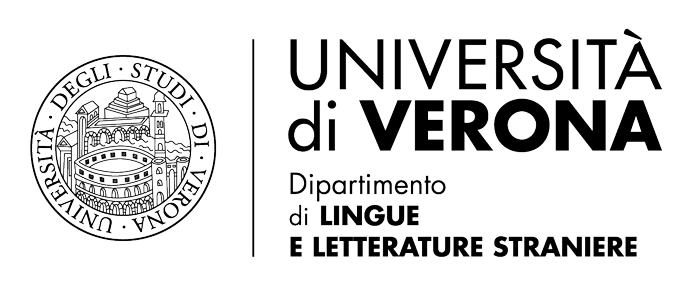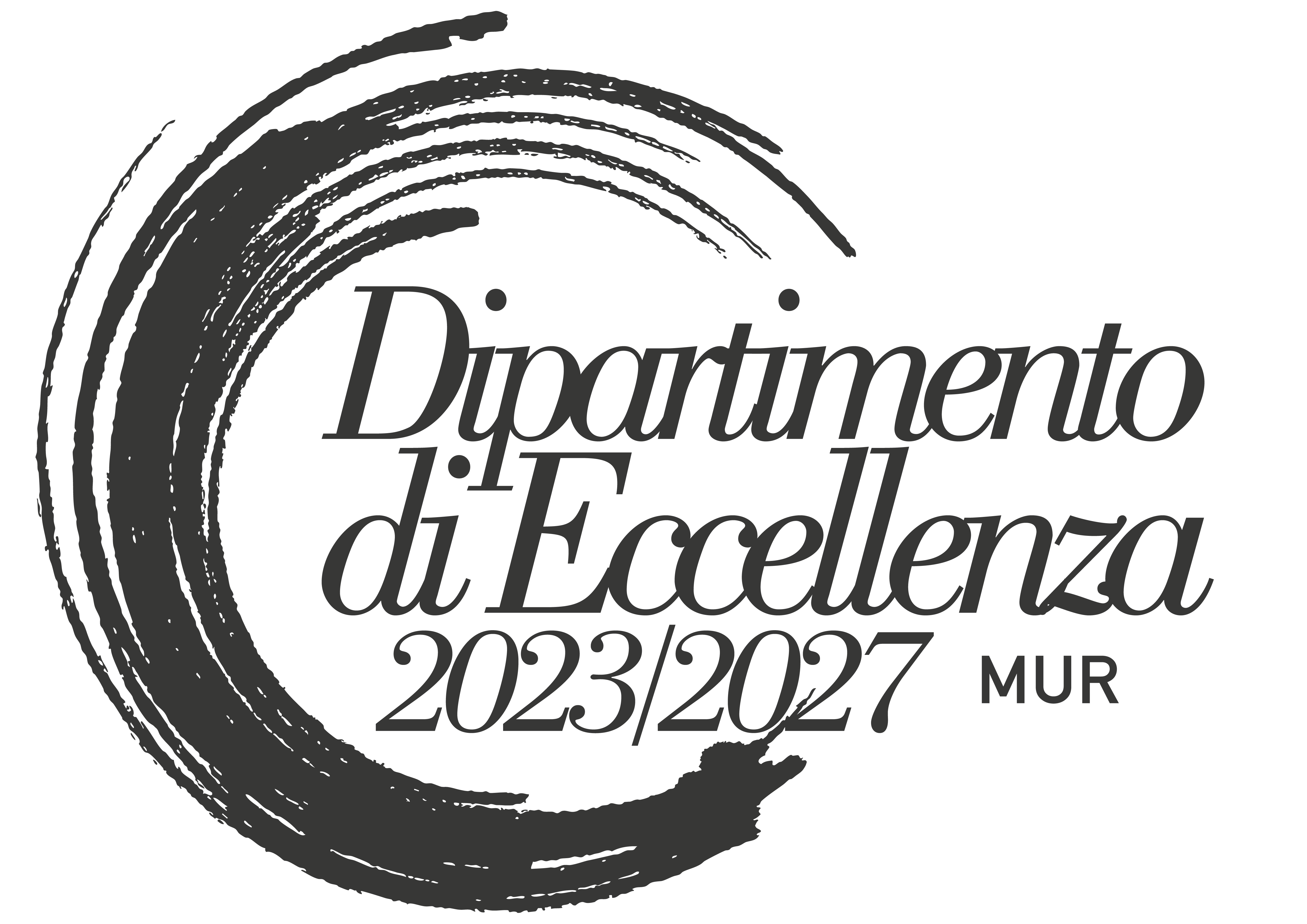Il progetto analizza l’impatto dell’Intelligenza Artificiale (IA) e del Natural Language Processing (NLP) sui temi della diversità, dell’equità e dell’inclusione, un ambito di crescente rilevanza nella ricerca contemporanea in informatica e intelligenza artificiale.
Da un lato, il progetto esamina le criticità che le tecnologie di IA possono introdurre o accentuare in termini di inclusione. Ciò comprende l’analisi di bias sociali e culturali—ad esempio legati al genere, alla razza, alla religione o alla disabilità—presenti nei modelli computazionali addestrati su dataset di grandi dimensioni (Bombieri et al., 2025a; Bombieri et al., 2025b; Bombieri & Rospocher, 2025).
Dall’altro lato, il progetto si concentra sullo sviluppo, la sperimentazione e l’implementazione di strumenti, metodi, tecnologie e modelli computazionali concreti finalizzati a promuovere l’inclusione e a migliorare l’accessibilità dei contenuti. In particolare:
- studiamo e sperimentiamo metodologie per migliorare l’accessibilità dei materiali didattici digitali (Boschiero et al., 2024);
- sviluppiamo strumenti e approcci (ad esempio screen reader e sistemi di programmazione vocale) per migliorare l’accessibilità alla programmazione, come il Python Code Reader;
- contribuiamo al progetto interno AI4EDU dell’Università di Verona, coordinato dal gruppo Tecnologie Innovative per la Didattica (Ufficio IT e Comunicazione), che ha condotto uno studio esplorativo sull’uso delle tecnologie di IA all’interno della piattaforma di e-learning dell’Ateneo (Moodle).
In relazione a queste linee di ricerca, curiamo come guest editor il numero speciale The Role of Artificial Intelligence for Diversity, Equity, and Inclusion (Information, MDPI). La call for papers è attualmente aperta, con la scadenza per l’invio dei contributi fissata al 31 ottobre 2026.
Il progetto è inoltre dedicato allo studio dei bias nei confronti dell’Intelligenza Artificiale stessa. In collaborazione con Numero Cromatico, analizziamo le reazioni e le percezioni dei lettori rispetto a narrazioni prodotte da modelli linguistici generativi. L’obiettivo è comprendere come tali testi vengano valutati in termini di gradimento, coinvolgimento emotivo, valore artistico e inclusività. Da notare, come osservato sperimentalmente, che anche i modelli di IA manifestano un bias negativo nei confronti dei testi letterari attribuiti ad autori artificiali (Rospocher et al., 2026).
Responsabile del progetto: Marco Rospocher
Membri interni
- Manuel Boschiero
- Simone Rebora
- Massimo Salgaro
Membri esterni
- Marco Bombieri (Università di Trento)
- Olga Forlani, Silvano Pasquali (Direzione ITC, Università di Verona)
- Davide Quaglia (Dipartimento di Informatica, Università di Verona)
- Numero Cromatico
Azioni: WP1.13
Riferimenti bibliografici
Manuel Boschiero, Marco Rospocher, Olga Lucia Forlani and Silvano Pasquali. Migliorare l’accessibilità dei materiali didattici digitali nel contesto universitario: un caso di studio. Atti del MoodleMoot Italia 2023, pp. 61–70. MediaTouch 2000 (In co-edizione con Associazione Italiana Utenti Moodle A.p.s (AIUM), Università degli Studi di Firenze). ISBN: 978-88-907493-9-1 (2024)
Marco Bombieri, Simone Paolo Ponzetto and Marco Rospocher. Do LLMs Authentically Represent Affective Experiences of People with Disabilities on Social Media?. Proceedings of the Eleventh Italian Conference on Computational Linguistics (CLiC-it 2025), Cagliari, Italy, September 24-26, 2025, vol. 4112 of CEUR Proceedings. CEUR-WS.org (2025)
Marco Bombieri, Simone Paolo Ponzetto and Marco Rospocher. The Dangerous Effects of a Frustratingly Easy LLMs Jailbreak Attack. IEEE Access, vol. 13, pp. 126418–126431 (2025)
Marco Bombieri and Marco Rospocher. Mining Impersonification Bias in LLMs via Survey Filling. Information, vol. 16, no. 11. ISSN: 2078-2489 (2025)
Marco Rospocher, Massimo Salgaro and Simone Rebora. Machines Prefer Humans as Literary Authors: Evaluating Authorship Bias in Large Language Models. Information, vol. 17, no. 1. ISSN: 2078-2489 (2026)


